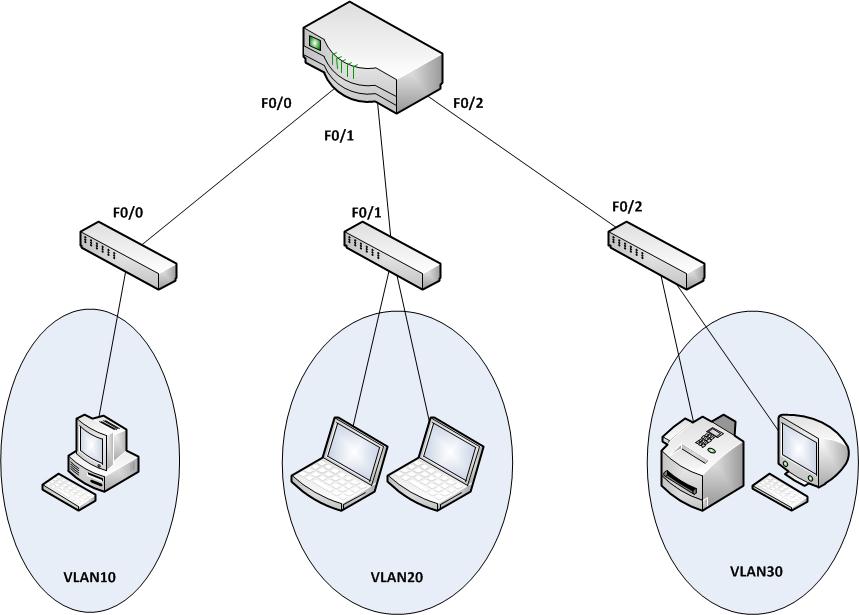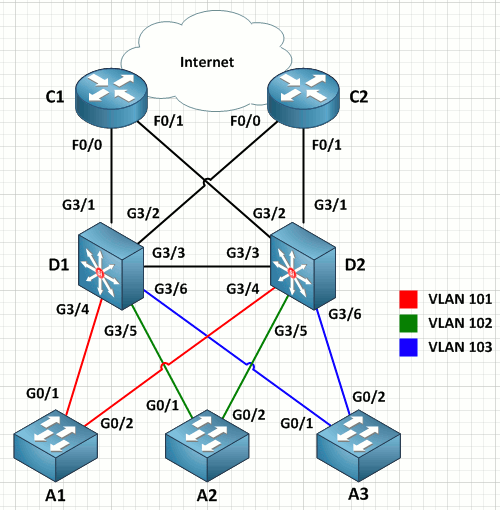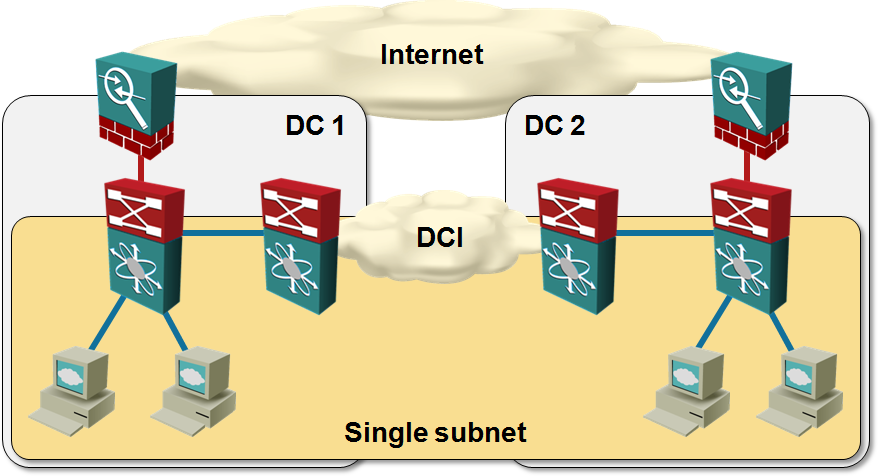Difference Between VLAN and Subnet

VLAN (Virtual Local Area Network) and subnet are terms which are commonly used in computer networking. Although, both the terms share few similarities, but there are many differences between them.
VLAN is more popular at corporate level networking as compared to subnet because of its sophistication. Furthermore, VLAN works at layer-2 while subnet works at layer-3. IP addresses have little significance in VLAN, but play an important role in subnet.
VLAN is preferred where the users require efficiency as compared to security in a network. In contrast, subnet is favoured over VLAN where security is more important than the efficiency or speed of the network.
VLAN is easier to install as it is based on software. On the contrary, subnets are more hardware based so it is difficult to install them.
Instructions
-
1
VLAN
It is widely used in computer networking to create multiple broadcast domains which are isolated from each other with the help of a single layer-2 network that is used in partition. The broadcast domains are called as VLAN.
In order to share VLANs across multiple devices, router devices are used with a dedicated cable as simpler devices can only support partition for one port. The network design can be made more simple and sophisticated by using a group host. It has a lot of similarities with LAN (local area network), but allows the grouping of end stations in an easier way. Furthermore, the membership of VLAN can be configured by using software assistance instead of physical relocation of connections or devices.
VLANs are extensively used in the enterprise networks as they are easier to install and use as compared to other networks. A separate and parallel network cable collection is needed to replicate the functions of VLAN. Moreover, aggregative links may also be required for VLANs.
Image courtesy: terena.org
-
2
Subnet
It is a subdivision of an IP network which is achieved by dividing a network into multiple networks by the process of sub-netting. The computers which are included in a subnet are identified by a similar bit-group IP address.
The IP address is logically separated into two completely different fields in a subnet which are called as rest fields. The rest fields work as an identifier for a particular network interface.
To exchange traffic between different subnets, routers are used. Sub-netting is a secured type of networking which is mostly used by small businesses and individuals.
Image courtesy: tech4b.blogspot.com







